This premium content is exclusive to edie Members.
To find out more about edie Membership, please click below.
If you are an existing member, login here
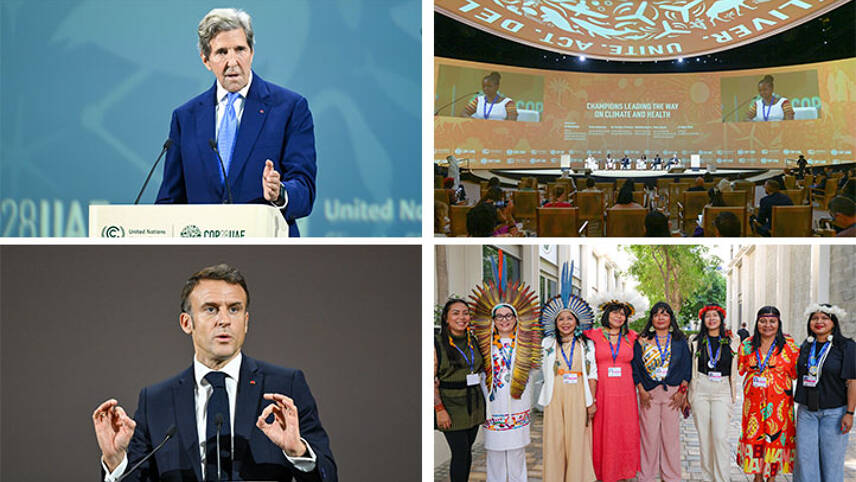
The two-day World Leaders Summit at COP28 has officially come to a close. All nations have had a chance to set out their negotiating positions and to make calls to action. All major keynote speeches from PMs and presidents are complete, with many world leaders including UK PM Rishi Sunak having already departned Dubai.
Even as this part of the COP closed off, the announcements continued to come in thick and fast. The Business and Climate Philanthropy Forum also continued with speeches from the likes of Bill Gates, COP26 President Alok Sharma, and all manner of CEOs.
To help you recap all the action, this article rounds up all the major developments on Day Two of the World Leaders Summit.
US signs up to Powering Past Coal Alliance
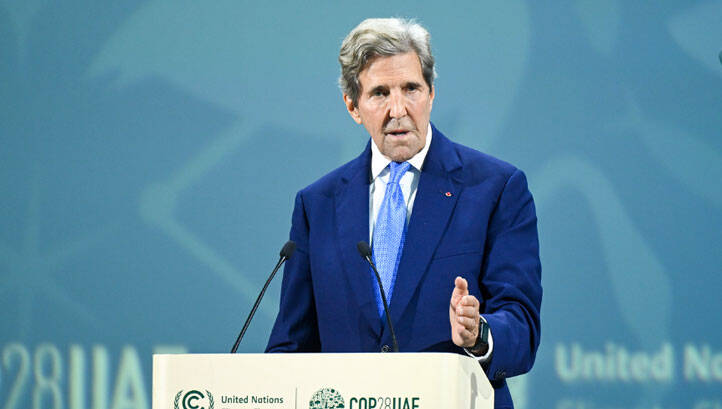
Image: UNFCCC Flickr / Stuart Wilson
Day Two of the World Leaders Summit at COP28 began with notable announcement from the US, which agreed to join the Powering Past Coal Alliance (PPCA), committing to not develop any more new unabated coal plants and phasing out existing coal plants.
The US is joined by the Czech Republic, Cyprus, Dominican Republic, Kosovo, Iceland and Norway in signing up to the Alliance at COP28.
The US is the world’s third-biggest capacity of operating coal plants behind China and India. The country has not built a new coal plant in more than a decade and is planning to close more than half of its peak unabated capacity in the next several years. Under the Biden Administration, the US has committed to a low-carbon power sector by 2035.
US Climate Envoy John Kerry said: “To meet our goal of 100% carbon pollution-free electricity by 2035, we need to phase out unabated coal, and we urge the world to join us in doing so, while working to grow good-paying clean energy jobs.
“Together with the Powering Past Coal Alliance, we will be working to accelerate unabated coal phase-out across the world, building stronger economies and more resilient communities. The first step is to stop making the problem worse: stop building new unabated coal power plants.”
The PPCA commended the COP Presidency for pioneering a new ‘Coal Transition Accelerator’, which will serve to enable collaboration on early coal plant retirements between financiers and governments.
Biden Administration commits $3bn to Green Climate Fund
Sticking with the US, the Biden-Harris Administration has made a $3bn pledge to the Green Climate Fund (GCF). The Fund is the world’s largest dedicated platform for climate action finance and has to date garnered more than $13bn in climate finance, supporting almost 2050 projects.
However, the UN has stated that these pledges fall well short of the $250bn that developing nations need annually up to 2030 to respond to the climate crisis.
Nations rally behind 2030 energy transition pledges

Image: COP28 Presidency
More than 110 countries have signed on to the Global Decarbonisation Accelerator, committing to several major 2030 pledges. These include trebling the world’s renewable energy generation capacity and doubling the annual rate of energy efficiency improvements.
Efforts should also be made, under the accelerator, to tackle greenhouse gases other than CO2 from energy – with a particular spotlight on methane. Our full story on what is included is here.
COP28 President Dr Sultan Al Jaber said: “The world will break down if we don’t fix the energies we use today. The world will break down if we don’t mitigate the emissions on a gigaton scale. And the world can potentially break down if we don’t rapidly transition to zero-carbon alternatives.”
New oil and gas pledge ‘excludes the main problem’
The UAE’s push to expand oil and gas has been a hot point of contention ever since the nation was confirmed as COP host. It will doubtless be a hard road ahead for nations which want to see a final text committing the world to a fossil fuel phase-out.
Today saw 50 companies representing some 40% of global oil production signing a new Oil and Gas Decarbonisation Charter. Its requirements include ending routine flaring by 2030 and reaching net-zero operational emissions by 2050.
Immediately, NGOs questioned why the Charter makes no mention of Scope 3 (indirect) emissions, which account for more than 90% of the sector’s total climate footprint. There were also questions about whether the signatories really will invest in renewables and alternative energies; the IEA recently revealed that just 1% of annual global clean energy investment is made by oil and gas majors.
CARE Climate Justice Centre’s global policy lead Sven Harmeling said: “Investment in renewable energy cannot be an excuse to prolong the use of fossil fuels.
“There are promising signs of progress at this COP but it is now critical to reach a formal agreement within the COP28 text that will bind countries to make good on their promises to phase-out fossil fuels and invest in renewables.”
The WRI’s global climate programme director Melanie Robinson added:“This charter is proof that voluntary commitments from the oil and gas industry will never foster the level of ambition necessary to tackle the climate crisis. We can’t meet our climate goals unless governments set policies that rapidly and equitably transition our economy away from fossil fuels.”
More than 120 countries back UAE Climate and Health Declaration
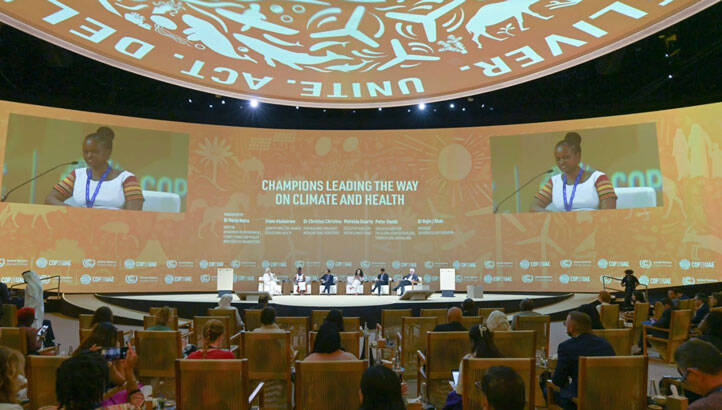
Image: UNFCCC Flickr / Christophe Viseux
One of the major stories from today was that the COP28 Presidency, in partnership with the World Health Organization and UAE Ministry of Health and Prevention, unveiled the COP28 UAE Declaration on Climate and Health.
The Declaration was signed by 123 countries and aims to accelerate actions to protect people’s health from growing climate impacts. It comes ahead of a health-themed agenda day on Sunday (3 December).
The Declaration was developed with the support of a number of ‘country champions’ including Brazil, Malawi, the UK, the US, the Netherlands, Kenya, Fiji, India, Egypt, Sierra Leone, and Germany.
“The impacts of climate change are already at our door. They have become one of the greatest threats to human health in the 21st century. Governments have now rightly recognized health as a crucial element of climate action” said COP28 President Dr Sultan Al Jaber. “The Declaration sends a strong signal that we must reduce global emissions and work together to strengthen our health systems”.
This joint action aims to respond to the fact that 189 million people are exposed to extreme weather-related events each year.
The COP28 Presidency joined with the Global Fund to Fight AIDS, Tuberculosis and Malaria, the Green Climate Fund, The Rockefeller Foundation, and the World Health Organization to unveil a set of ten principles to bolster financing for climate and health. In total, more than 40 firms have endorsed the initiative. The GCF has ringfenced $300m for the initiative.
Macron and Bloomberg launch new global database for corporate net-zero targets
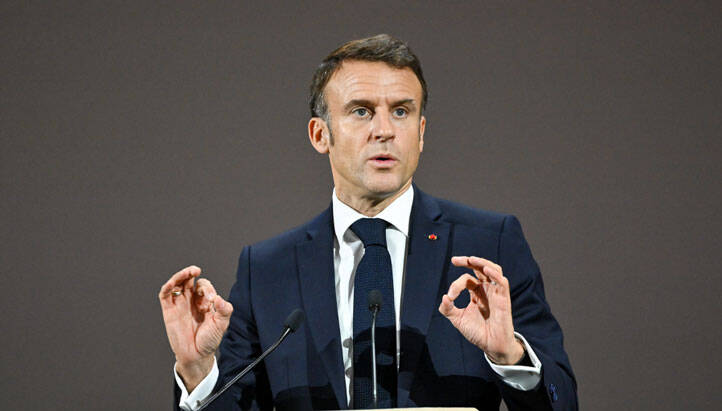
Image: UNFCCC Flickr / Kiara Worth
French President Emmanuel Macron and UN Secretary-General’s Special Envoy on Climate Ambition and Solutions Michael R. Bloomberg unveiled a new concept for a global database for corporate net-zero targets.
The proof of concept for the Net-Zero Data Public Utility (NZDPU) will act as the world’s first global, centralised databased for private sector climate-related data. The NZDPU will be freely accessible and will inform users of climate transition-related data in a bid to improve transparency across the private sector.
The NZDPU will provide information on corporate Scope 1, 2 and 3 emissions, reduction targets and any transition related data. It will be populated with the data from companies that disclose through CDP.
scaling accessibility of companies’ direct (Scope 1) and indirect (Scope 2 and Scope 3) greenhouse gas (GHG) emissions, and GHG emissions reduction targets. Populated with data from hundreds of companies that disclose publicly through CDP.
A public consultation is open through 1 March 2024 to give stakeholders the chance to feedback on the development of the platform.
Forest carbon debate keeps hotting up
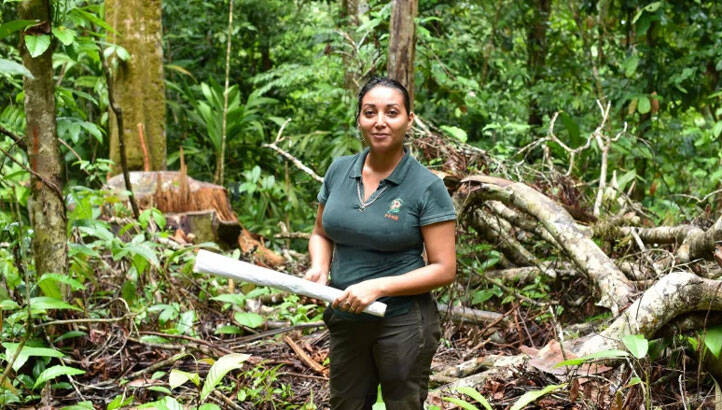
Image: The World Bank
The debate around whether forest carbon credit provisions provide developing and emerging, nature-rich nations with more opportunities – or whether this approach is simply a new form of land-grabbing – has been intense in the build-up to COP28.
Several exposees this year have highlighted loopholes in forest carbon credit schemes for voluntary markets, which have customers including multinational corporates. Concerns have also arisen over the UAE’s purchase of land areas in Africa to offset emissions via national markets.
Costa Rica and Ghana have today confirmed forest carbon deals of more than $60m. They will publish a joint roadmap for scaling further investments next week, which should also include new regulatory recommendations.
While on the topic of climate justice, Barbados’ Prime Minister Mia Mottley has advocated for polluting industries to pay into the loss and damage fund alongside governments. She has floated the idea of including profits from fossil fuel extraction, fossil-fueled electricity generation and luxury aviation.
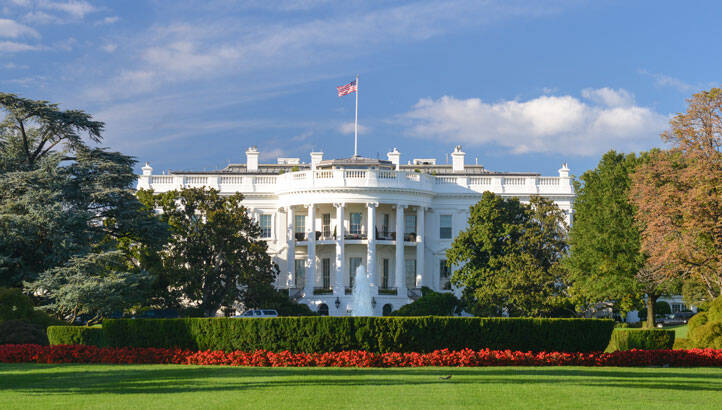



Please login or Register to leave a comment.